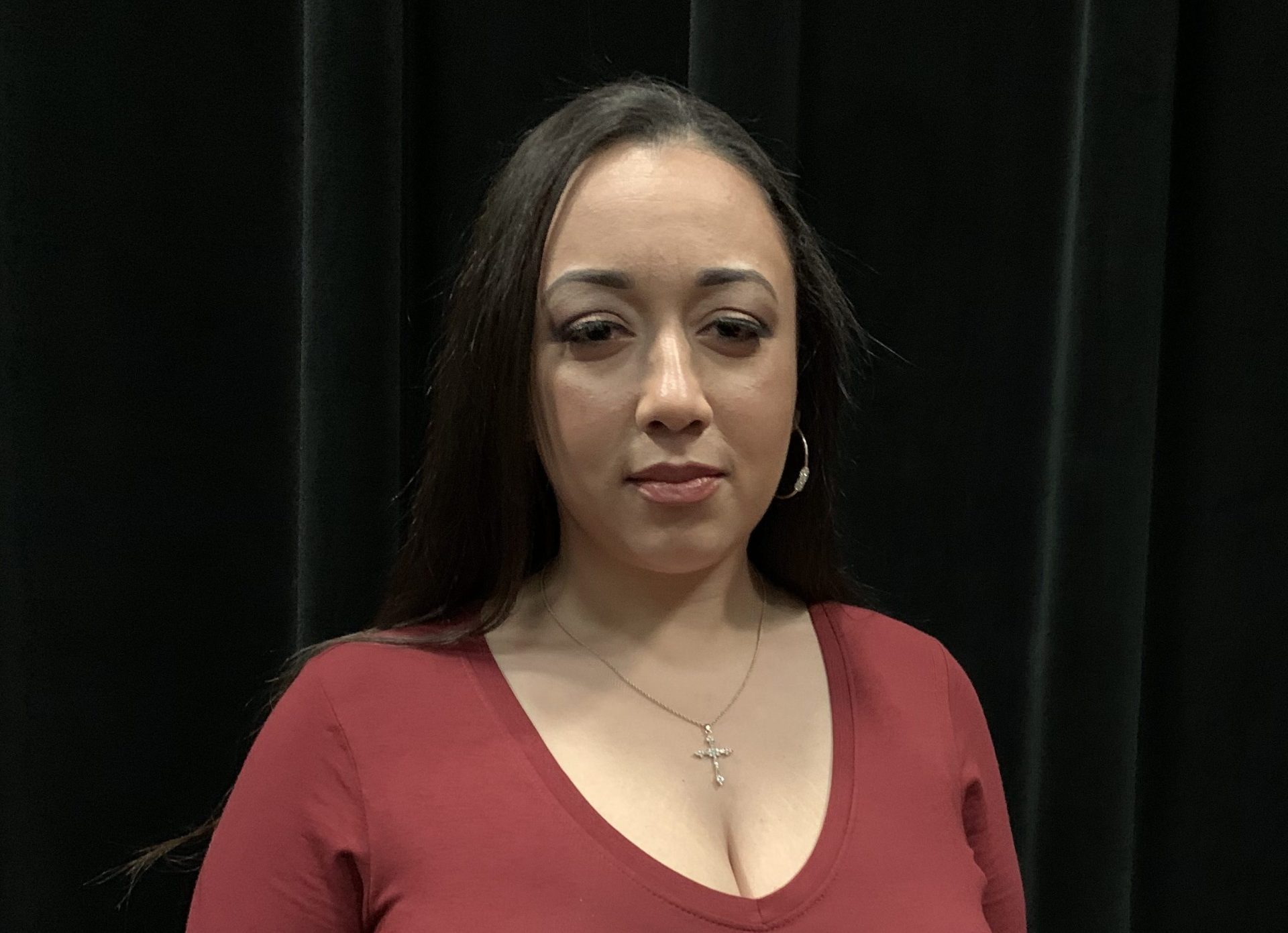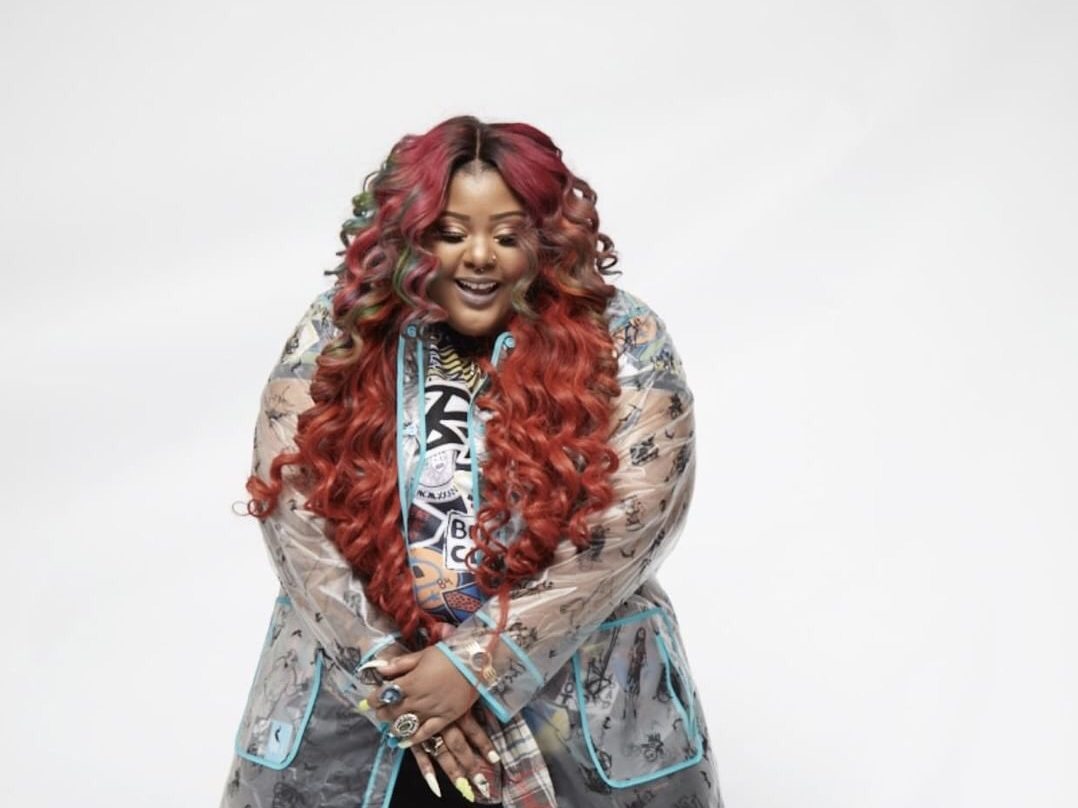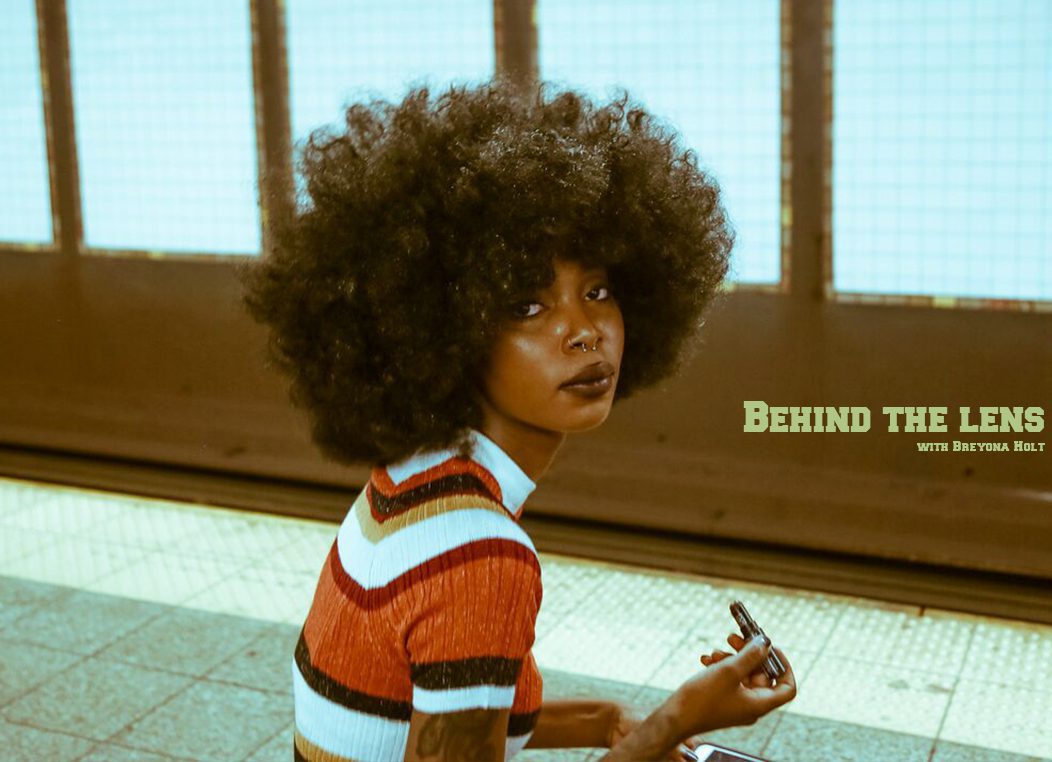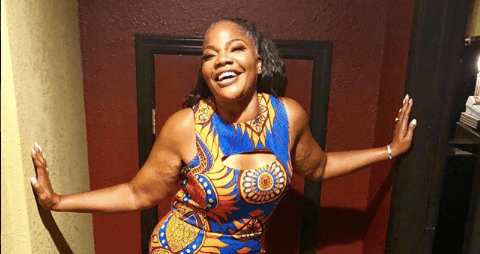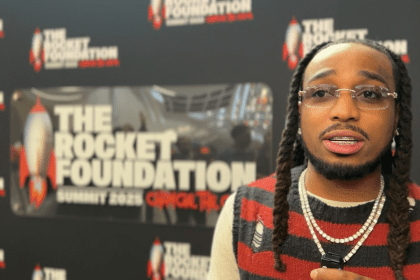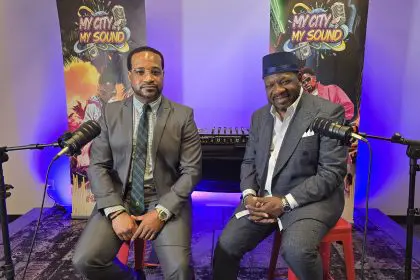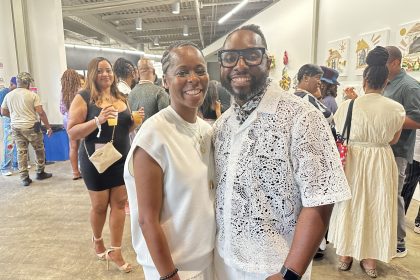
South Carolina-based writers Herb Frazier (award-winning journalist and childhood member of Mother Emanuel), Dr. Bernard Edward Powers (AME Church member and professor of history at the College of Charleston), and Marjory Wentworth (South Carolina’s poet laureate) have collaborated to co-author We are Charleston, a book that sheds light on the tragedy surrounding the tragic Charleston shootings.
This book is based on extensive interviews with family and friends of “The Emanuel Nine” — the church members who lost their lives on June 17, 2015, when a young man opened fire on a Bible study group at the church. Readers will gain insight about the victims of the Emanuel Nine and community of the 230-year-old Mother Emmanuel AME Church and how the power of forgiveness can heal a nation. We are Charleston is now in stores preceding this week’s anniversary and hearing date of the shooter, Dylan Roof.
“The tragedy at Mother Emanuel AME Church affected us deeply,” the authors said in a group statement. “This book is our attempt to honor those whose lives were lost, the survivors and their families by telling their stories in the context of Charleston, the nation’s racial history and the social justice efforts that have been the hallmark of the African Methodist Episcopal Church.”
During an interview with Wentworth, she shares that it seems like it has been longer than a year since the shooting happened in Emmanuel AME Church. Charleston is a forever changed by this disaster. Read what else she has to say.
Why did you want to be a contributor for this book?
I was at the church for a lot of events that followed the massacre and I wanted to be involved in telling the story about the tragedy so that readers could have a better understanding.
Do or did you have a relationship with anyone involved or affected by this?
I knew Cynthia Graham Heard. Cynthia was always there helping out with the community and that is how I knew her.
When you heard about the news of the shooting, can you recall what you were doing and your reaction?
I went to sleep very early the night that it happened because of a migraine. I woke up early the next morning and I had numerous voice mails and text messages about the event. I fell over and cried for a very long time. After it happened, it changed our town and things are very different. Last summer, people did not want to hang out or go to a barbecue.
How does this affect the image of your state?
People are looking to us to do things a little different regarding race and violence issues. Tourism has not faded in South Carolina. When people come to visit, they pay respects to the church.
What do you hope readers will glean from reading this book?
I hope that people look into the AME history and the history of Charleston. People need to realize that the history plays a big part in what happened in our church. There are so many contradictions in this town and we need to look at the bigger picture. Charleston was built by slaves and Charleston is what it is today due to slavery.

